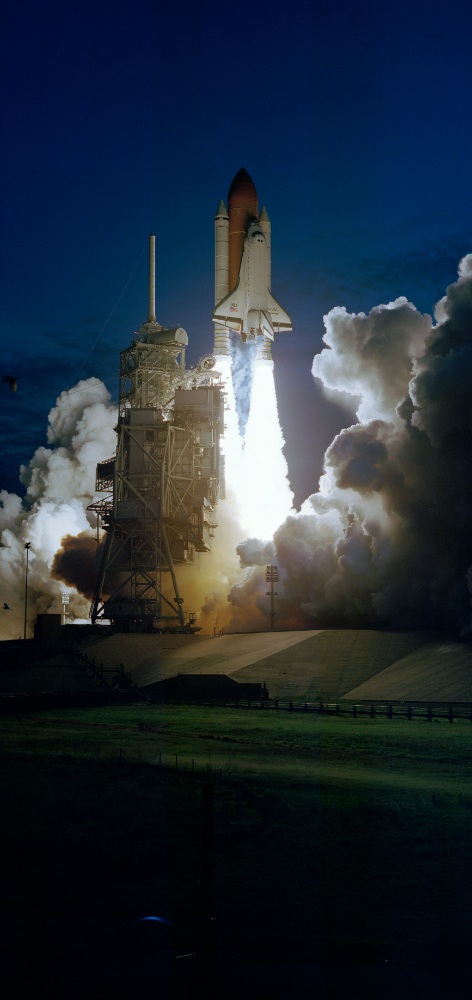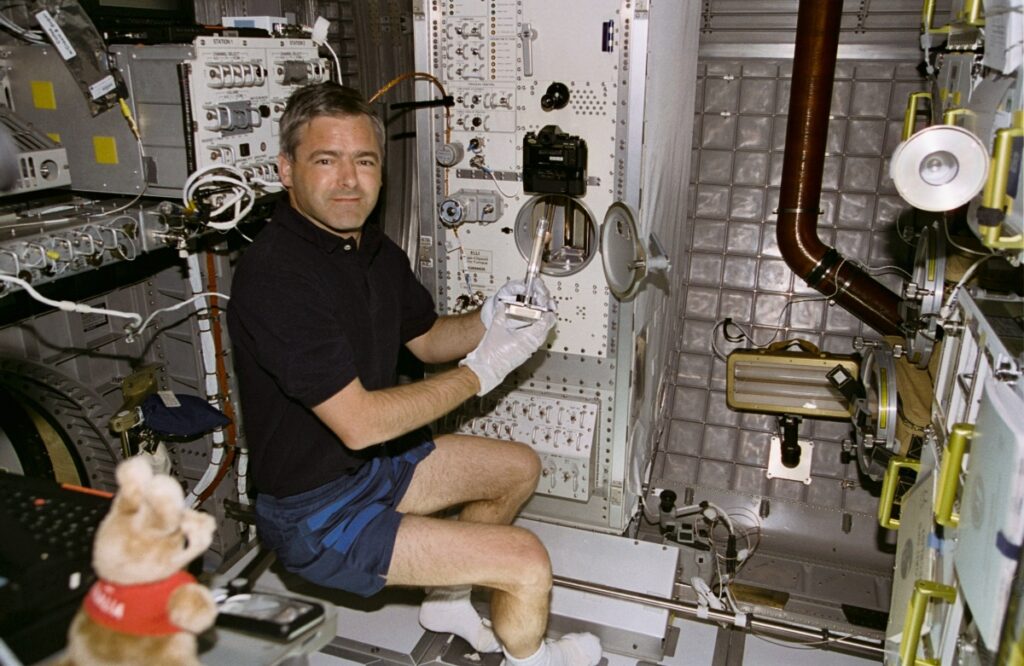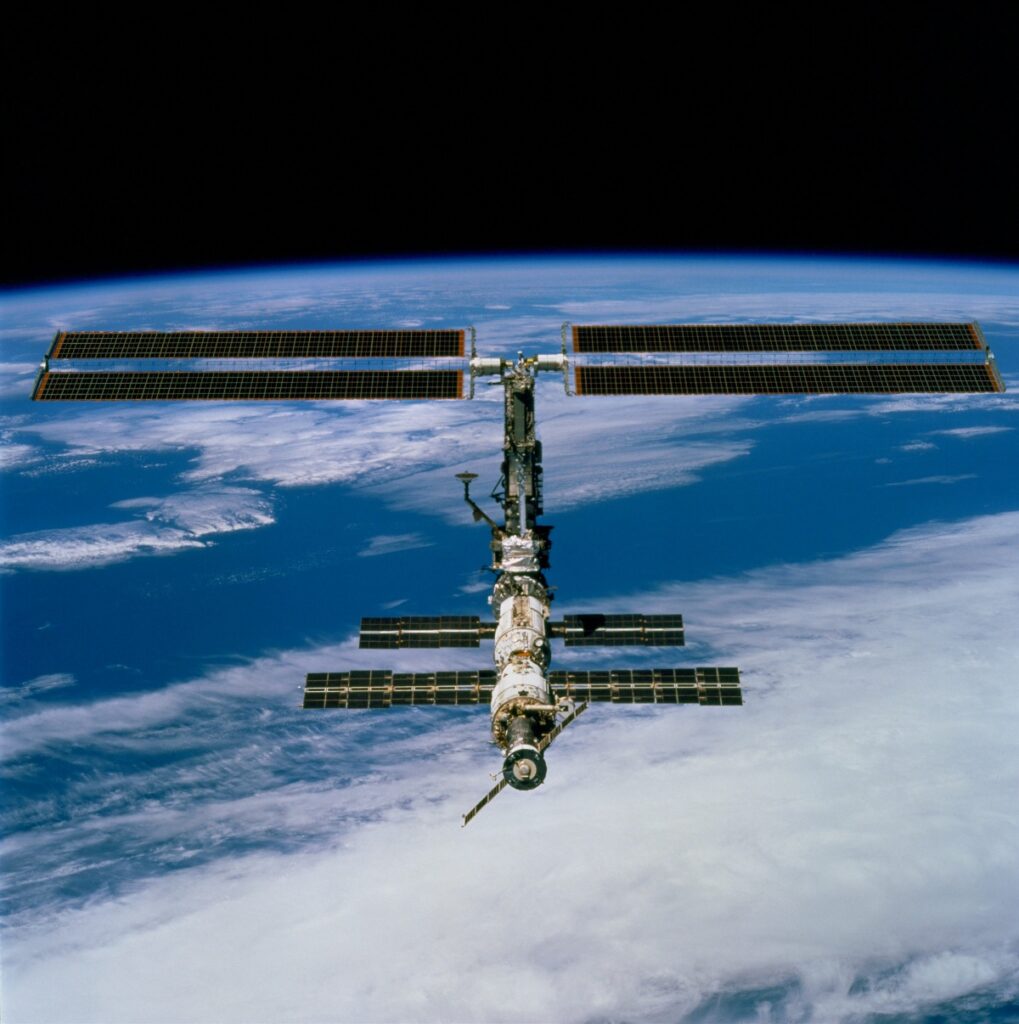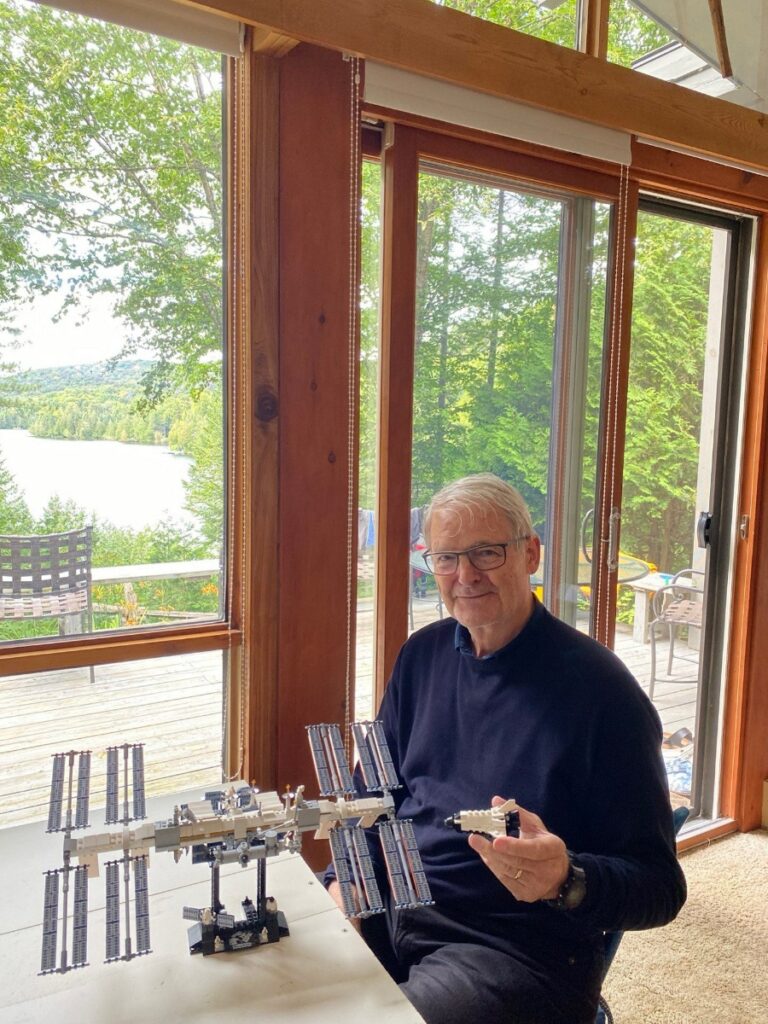
IN CONVERSATION WITH MARC GARNEAU
On October 5th, 1984, Marc Garneau made history. Blasting off from the Kennedy Space Center aboard the U.S. Space Shuttle, he became the first Canadian to fly to outer space. His monumental achievement inspired a nation and ushered in a new era of space exploration for Canada. Twenty-four years later, Garneau made history yet again, becoming the first astronaut elected as a Member of Parliament.
This fall, he releases his new memoir. A Most Extraordinary Ride: Space, Politics, and the Pursuit of a Canadian Dream is a fascinating, behind the scenes look at a remarkable life in public service. In advance of the launch, we sat down with Mr. Garneau to discuss space, politics and a remarkable legacy.

The Collection: What traits make a great astronaut?
Marc Garneau: Generally speaking, these are A-Type personalities. People who feel strongly about trying to achieve maximum potential. At the moment, astronauts come from technical backgrounds, whether engineering, science, or medicine. They know how to react, identify the most important priority and act on it. (And) being able to express yourself clearly, concisely, and rapidly. Sometimes, time is of the essence. So those are the characteristics, and they’re not unique to astronauts. There are very demanding professions here on Earth that require the same.
TC: Why you were chosen to be the first Canadian in space?
MG: Nobody ever officially told me, so what I’m telling is speculation. In my life in the Navy, I demonstrated that I could live and work in a difficult environment. I sailed across the ocean in a 59′ sailboat. You encounter difficult conditions; you must work as a team. Another reason is that I was bilingual. I think, in choosing the first Canadian, they wanted that person to relate to all Canadians.
TC: Can you please describe seeing Earth from space for the first time?
MG: It’s profoundly moving. You orbit Earth every 90 minutes. Each day you see 16 sunrises, 16 sunsets. Over the course of 90 minutes, you will go over countries in rapid succession and it will shift your perspective. On Earth, we tend to live in our immediate surroundings. Up there, as you vault over the top of the planet, you think about the planet itself as the cradle of humanity, where eight billion of us live.
When you see it against the black background of space, you realize there’s nowhere else to go. You also notice the damage. You see human activity has taken a toll in polluting the atmosphere, polluting our oceans, polluting our land. It’s very visible. And you begin to think in environmental terms, because this atmosphere is shared by the entire planet. There’s no Canadian atmosphere, no Chinese atmosphere. It’s our common atmosphere. We must work together if we’re going to make the planet attractive for future generations. So, we shift our perspective from a local to a global perspective. Though my first flight was 40 years ago, that perspective has remained with me since.

TC: Did the Challenger disaster set the space program back, or increase interest and investment?
MG: In very little time, NASA decided that (while) this was a major tragedy, it was important to continue with the shuttle program. I remember President Reagan coming to the Johnson Space Center in the aftermath and addressing the families and astronauts. I was there representing Canada. He said what has been said in other contexts: Yes, we will face setbacks occasionally, but we must continue to move forward. It was a sobering moment. Perhaps it had more of an effect on emphasizing how critically important safety is…something we’re seeing now, with the two astronauts who are stranded in space, where NASA has said, we do not have sufficient confidence in the current Boeing Starliner capsule.
TC: What are your thoughts on the privatization of space flight?
MG: I think it’s a good thing. Initially, the private sector was not having any of it. It was very expensive. It was high risk. They didn’t have sufficient incentives to invest. That has changed dramatically because of people with very deep pockets. People like Elon Musk and Jeff Bezos have made investments because they have a passion, and because they see a commercial return. It accelerates and stimulates space technology.
TC: As Transportation Minister, you faced many high-profile issues. Can you share a bit of that experience?
MG: Transportation affects everybody, we either use it for ourselves or to move goods. Transportation also presents challenges. There are safety issues, and sometimes that leads to tragedies like plane crashes or accidents like in Humboldt. And the public justifiably asks if anything could have been done? Was that preventable? It got very personal, too. I met with people who lost dear ones at Lac Megantic when the inferno killed 47 people. I met the families of the 18 Canadians who lost their lives on Ethiopian flight 302. I met with the relatives of the 55 Canadians who lost their lives when Iran shot down Ukraine International Airlines flight 752. That is a very difficult part of the job. And you realize how important the job is, and how critical it is to take safety seriously. One example I describe in the book is when a citizen from Lac Megantic took one of the rail nails, held it up, and said, “I’m giving this to you. I want you to think about it every day, (how) 47 people lost their lives.”
TC: As Minister of Foreign Affairs, you’ve raised concern over the PM’s commitment to the file. Please explain.
MG: Canada aspires to be a country whose voice is heard on the world scene. We’re a middle power, but Canada has traditionally been a respected voice because it’s a democracy, it attaches importance to human rights, we champion cultural diversity, and we operate to international rules-based laws. But I don’t think our voice is as respected as it used to be. We say things but can’t back it up with concrete actions.
We also have to better understand the countries we’re dealing with. The 20th century was the North American-European century, and our focus was the United States and Europe. This is the Indo-Pacific century. We have to build up our expertise on countries like China, South Korea, and ASEAN countries because that is where the economic gravity has shifted. It’s also an area of geopolitical tensions, and we have catching up to do. When the Prime Minister went to China in 2016 and 2017, and to India in 2018, we did not understand the countries we were dealing with.
TC: Why were you dismissed from the position?
MG: I don’t know. The Prime Minister can choose his Cabinet. He can dismiss his Cabinet. He did not give a reason. I’d love to know it. It was tough for me to suddenly be told you’re no longer in cabinet.
TC: What is your legacy?
MG: To have spent my life serving my country. First in the Navy, then the space program, and finally in politics. I wrote the book for my children, but I got encouraged to publish it, and I think there may be a few things that might constitute valuable advice. I don’t want to presume, but I hope that there will be a few instances where somebody might feel inspired.


